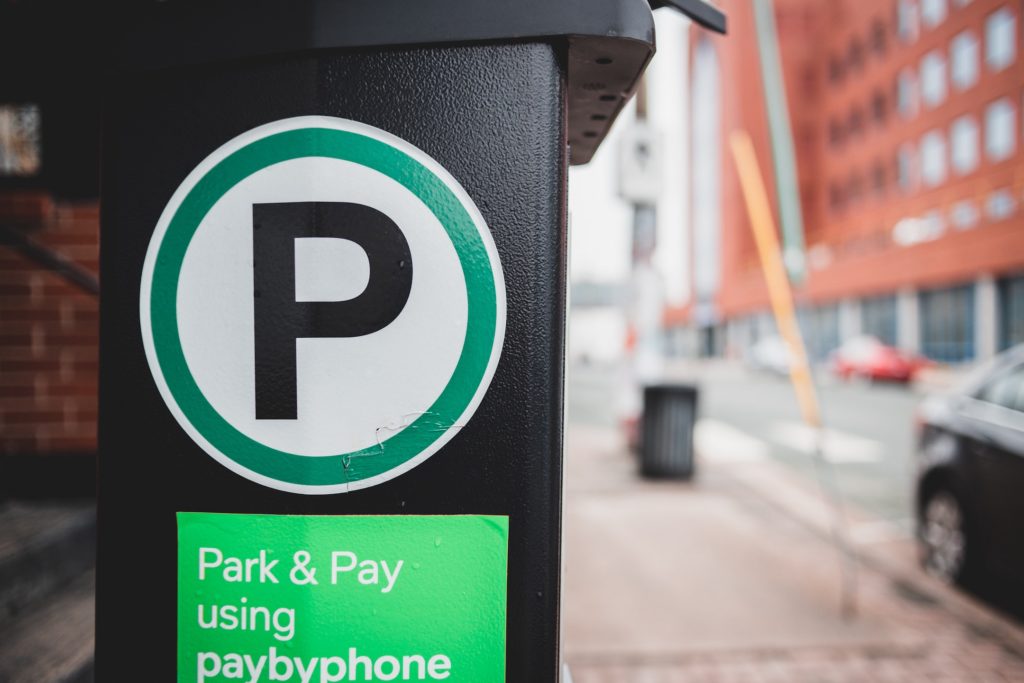
I stood at the parking meter, fuming. I had just scored a parking place near the Seattle hospital where I planned to meet a friend. But as I tried to pay for parking, I saw the sign, “Pay by Phone Only.” Apparently, neither credit cards, dollar bills, nor coins (remember coins?) would do. I needed to use an app. Feeling dinosauric, I dialed a phone number I saw on a sign and received an automated message.
Lacking human help, my only solution was to drive away.
Speaking with a real person comes at a premium in our newly automated universe. I’m sure you’ve encountered the ubiquitous automated answer line when you’re seeking one simple answer.
Thank you for calling.
- Press one for our hours of operation.
- Press two to hear our offers.
- Press three to buy stuff.
- Press four to hear our automated “Where’s my stuff line.”
- Press five to hear this menu again.
Hit four, and you will be directed to enter your credit card, grandmother’s maiden name, lottery ticket, and dog’s middle initial in thirty seconds or less. Screw up, and you will be directed to start again.
If you hit zero in the hopes of reaching a human, you will hear: Please hang up and shoot this phone.
If you go online with your question and hit the tab for “customer support” a cheery bot will jump out, masquerading as an assistant, offering four answers to all life’s possible questions.
We’ve (supposedly) become more efficient. But at what cost?
I’m not lobbying for rolling back technology (good luck), just noticing how our bent towards efficiency is eroding human contact.
We risk turning a world designed to be relational into one that is merely transactional.
Journey to the new world
After my parking failure, I went into Amazon-owned Whole Foods to return an Amazon purchase. Amazon has made it almost too simple to return anything that doesn’t please me. I can drop it off at Whole Foods with a QR code for the return; no packing or shipping required.
A kind clerk at the Amazon emporium within Whole Foods helped me search for the QR code I needed, misplaced on my phone. (Don’t ask me what a QR code even means–I’m that novice.)
He assured me that the trays I was returning weren’t bound for the landfill. (“Promise me,” I asked, “That you don’t just junk these.”) In less than three minutes, I was done.
It was very efficient–the word I’d use to describe the current environment at Whole Foods. Gone was the funky, team-spirited, somewhat idealistic Whole Foods staff I remember from years ago. Although a few customers still roamed the aisles, the store was set up for pick-up and delivery–no human interaction required.
When I went to buy a salad for lunch, self-checkout was my only option. No longer would I hear a cheery “How are you doing?” and “Have a nice day” from a cashier who enjoyed serving people. Instead, I struggled by myself, made a mistake, and triggered the message, “GET ASSISTANCE.” Fortunately, a human came to my rescue. (By then, I was too stressed to eat.)
I’m not bashing Whole Foods or Amazon. Amazon head Jeff Bezos might have kick-started the movement to take the human relationship out of the sales process. Still, he isn’t the only one promoting efficient, transactional technology.
In a transactional world, I give money to a machine; I get stuff and even services. No relationship required.
Easy and efficient can have a cost, turning what we buy into a commodity and whom we buy it from into an unknown.
Yet, despite our cultural obsession with technology, technology is usually not the problem.
It’s how we deal with others and the world.
Protecting the relational universe
During the pandemic, the work of frontline service workers became risky and stressful. Thousands of restaurant workers quit their jobs after working so hard and being treated so poorly. I’ve heard the same said of nurses and other medical personnel.
Why would you stay to be treated as an “it” in a transactional culture that demeans you for your efforts?
We forgot that the magic of life lives in the relational.
Our relationships with each other and the world around us make us feel connected and alive. Even our stuff has a different quality when we infuse it with our gratitude.
To be more relational in a transactional universe, we don’t have to change what we do as much as how we do it.
- We can have a relationship with what we buy, slow the pace of consumerism, and be grateful for what we are privileged to have.
- We can value those who serve us.
When someone helps me, I want to look them in the eye, ask (but don’t say), “Are you human?” and if the answer is yes, celebrate.
Lights on a stressful day
In my brief minutes with the clerk at Whole Foods who took the trays, we connected. I learned that he cared about the environment. Like me, he commuted on a ferry to Seattle.
It was these brief moments of relationship that got me through the day: with the returns assistant, the store helper who untangled me from the self-checkout, the medical office receptionist who gave me a glass of water, the nurse who smiled broadly as she injected me, and the pharmacy assistant who processed my order quickly. Five sets of smiles. Five relationships.
They probably didn’t know the difference each of them made, but they kept my world human. I smiled and gave a whole-hearted thank you to each. Because I meant it.









